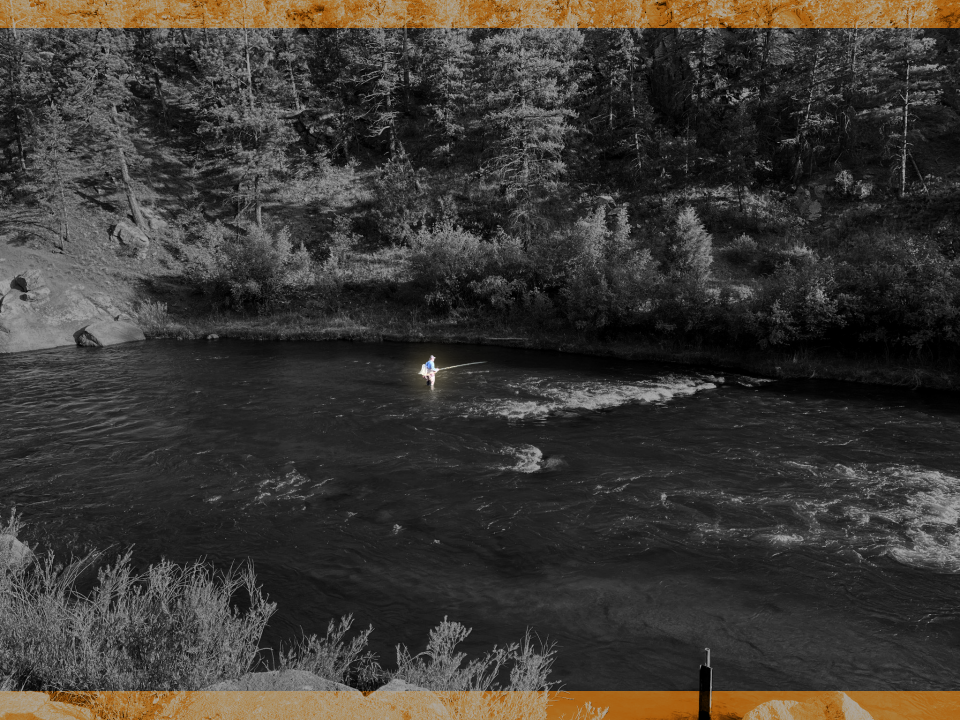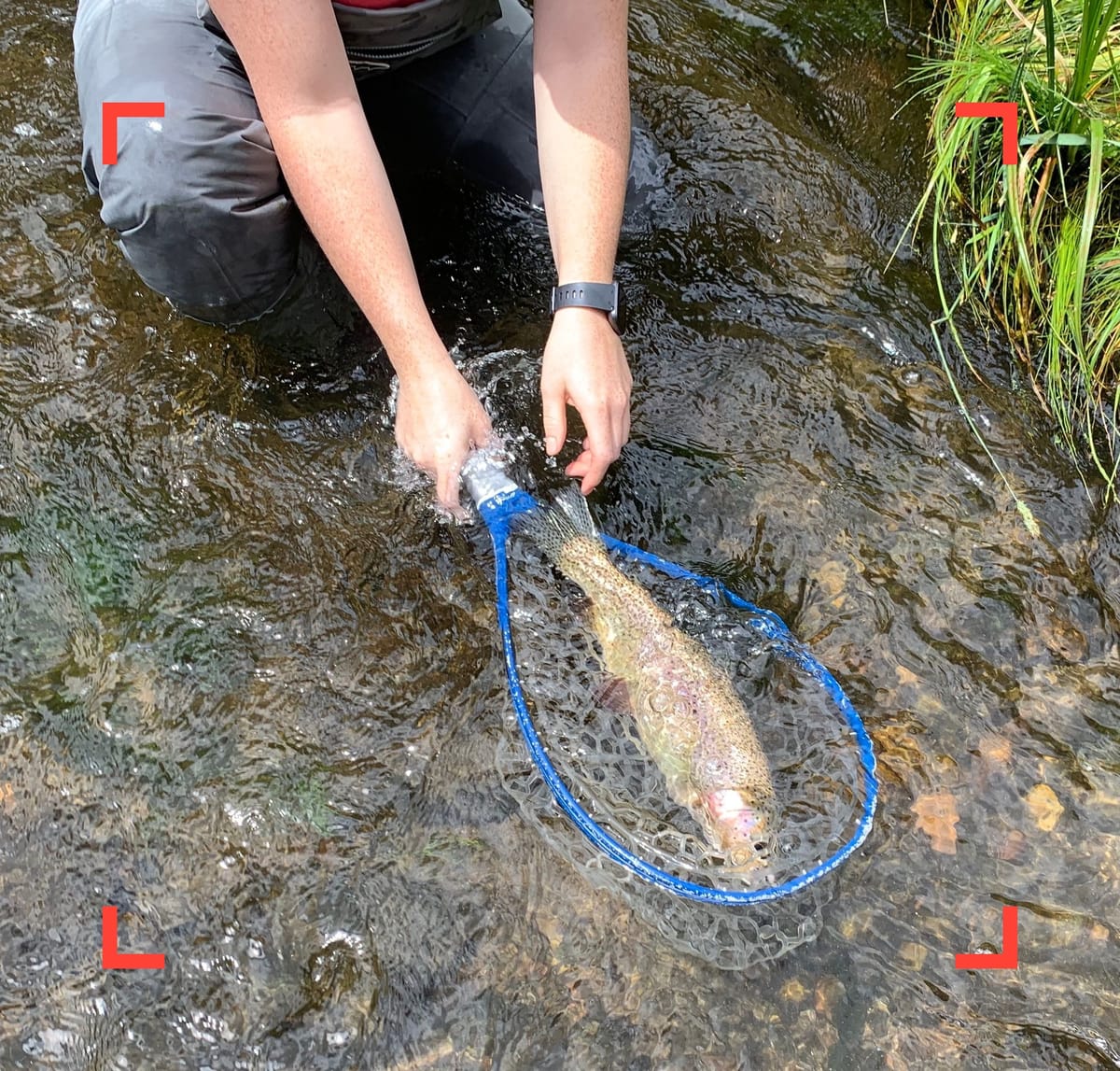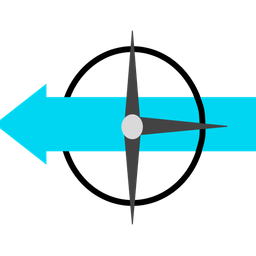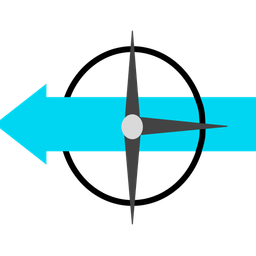The Role of Competition in Fly Fishing
debating the effects of competitive angling

July 2025
A River Runs Through It feels like ancient history. The old imagery of poetic casting, and escapism to wild trout has seemingly taken a back seat towards a modern optimization to maximize catch, and efficiency. The techy gear-head has replaced the gunslinging one-box-under-the-hat-and-go angler.
Interestingly, between the era of A River Runs Through It and modern day, the world has also drastically shifted. Can we attribute the immediacy of technology on the explosion of euronymphing and rising catch rates? Draw conclusions as you please, but here I aim to take a more nuanced approach in comparing the pros and cons of trout fishing competitions within fly fishing.
Pros
Competitive angling has long-standing roots in Europe, leaning on established style; see French nymphing vs Spanish nymphing vs Czech nymphing. And though innovators may have developed specialized tactics in various pockets of the fly fishing world (including in the US), the newfound interest in international competition has brought a melting pot of ideas back to Western Rivers thanks to a simple truth: competition breeds innovation. The big ideas that are now circulating back into the West are field tested techniques from competitors like Lance Egan, Devin Olsen, Pat Weiss, and George Daniels (all past competitors), cashing in on their competition pedigree. Euronymphs, longer rods, euroleaders, loch style fishing tactics, junk flies, just to name a few, are competitive ideas now embraced on many rivers and even some lakes. One resounding realization holds after testing each of these techniques: they really do work. The interchange of ideas from around the trout-world has proliferated techniques that are proven for any river and any day.
As with any other sporting event, hunting for a competitive edge continues to change the game. FIPS-Mouche (the fly fishing league, so to speak) has subjected anglers to the rules of game theory, and identified dominant strategies that optimize success, aka: catching more fish. New flies, techniques, products are constantly developed to push an advantage, later inevitably made available to the broad angling community to improve all angler's catch rates. As long as the ideas make it back to everyone, we all win in a race to catch more fish.
For the individual angler, a competitive mindset also has advantages. Instead of mindlessly flinging flies throughout the day, chasing an objective can focus an angler's approach, helping to maximize their time on the water, quickly identify tactics, and hone skills over time.
Cons
There's a big problem that arises when we gamify fly fishing. Though not necessarily hard and fast, zero sum rules apply. There is only a fixed number of feeding fish in any setting at any given time and if one angler catches a fish, that fish is basically lost to other anglers. Even in catch and release where that fish still swims away, evidence has shown hooked fish usually avoid feeding and risky (hunting/feeding) behavior for a reset period. Once it's hooked, it's usually out of play. The same applies when fish are spooked too. So anglers running up and down rivers disturb feeding fish and relocate spooked fish into non-feeding holding areas.

This framework may force anglers into a game they may not know they're playing, especially on heavily pressured rivers, or pressured situations like competition. To make the most of their time and catch the most fish, an angler is preconditioned to adapt the dominant strategy optimized for success, otherwise those opportunities are lost to other anglers. Nobody likes getting skunked. On any given day, a fish caught or spooked by another angler is one less fish available. Often that means the best strategy to make the most of your time is to nymph flies subsurface, where fish spend the vast majority of their time feeding.
But the benefits of dominant strategies grown from game theory don't exist in a vacuum where the board resets for a new match. We live in the world of resource exploitation. Optimized strategies maximize exploitation. In fly fishing, even though we may strive to reduce impacts on individual fish, the more successful you are at hooking and catching fish, the greater your individual impact on the fishery, even if only briefly while fish recuperate. On rivers harboring stocked trout, that impact may not matter much. We don't collectively care so much about stocked trout's feelings. But what if competitors are turned loose on wild trout rivers? Even if this never happens, the competitive ethos may send out independent competitively-minded anglers on such rivers with the similar results.
Now, new fly fishing heroes and instructors are capitalizing on their competitive reputation, educating and selling products related to the deadly tactics employed during events. This has propped up a new cottage industry, creating a pipeline for anyone to maximize their own exploitative angling, spreading strategies to increase catch rates from a few specialized anglers.
Another issue. On the opposite end of the spectrum from exploitation is exploration. When anglers are convinced that high catch rates are desirable skills, using dominant strategies that catch the most fish instead of trying sub-optimal strategies leads to the further degradation of alternative approaches. Coincidently, you may have heard about the death of the dry fly angler, that no one throws dries anymore. But fly fishing's long history existed outside of the world of nymphing for most of it's existence, and dry fly fishing, streamers, swinging wet flies, staking dry flies have value despite lowered catch rates. Anglers neglecting these alternative sub-optimal approaches may be less-rounded and unprepared for unique situations. They may feel their best option is to continue nymphing due to its prevailing reputation.

The failure of the modern competitive optimized approach stems from how innovation is bound by the rules of the competition. FIPS restricts using certain aids like split shot—forcibly shifting the direction innovation is allowed to take. Additionally, FIPS fly fishing rewards maximum catch, anything above 8”. Would techniques look different if fish only scored in competitions at larger sizes?
When looking at the whole of the fly fishing universe, if the goal is to use competitive scenarios to advance the greater angling arsenal, why should niche rules apply?
For the individual angler, a competitive mindset may detract from the reward of a singular fish. In chasing numbers, you may fail to appreciate the unique, just another tally to be quickly ignored in a chase for more and more. An over-reliance on one tactic may prevent the angler from transferring skills to other fisheries or species.
Wrap It Up
We’ve figured out trout pretty well at this point. Do we need start up leagues for fly fishing bass, carp, or even tougher species like lake trout? Would they push innovation? How could they not?
Assuming that techniques eventually reach the broader angling community, we'd all benefit from innovation and optimization. Especially considering most anglers, or individual guides, don't have the same time to invest in iterating through a vast universe of approaches to find what works and what doesn't, compared to a larger dedicated group able to pressure cooking strategies through battle.
Maybe I'm over-estimating the sweeping effects of competitive techniques. Are they really exploitative? Consider that competitive techniques may only be embraced by a subset of the community, riding a cultural wave. I've seen push back by some, a pejorative counter-movement renouncing any euronymphing approach. Is the "damage" done via tightline nymphing really that sweeping? In some places probably not.
Here are the ultimate questions
- Does the natural world, a place of constant exploitation, resource depletion, slipping environmental quality and habitat loss need the vice squeezed ever-tighter on its fish?
- Has our fishing taken on the same qualities of our urban life?- Shortened attention spans, a need for instant gratification, metrics over meaning? Wasn't fly fishing supposed to be an escape from that? Or at least a way to put those things away for a period and experience something outside of the modern bubble?
I guess it depends who you ask.



